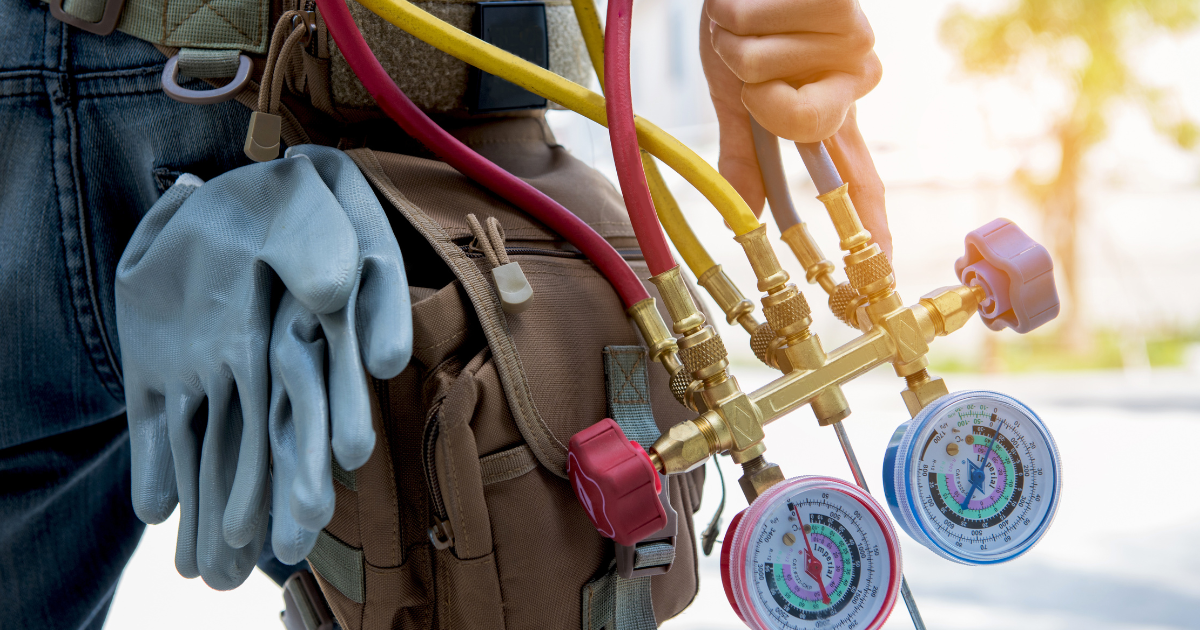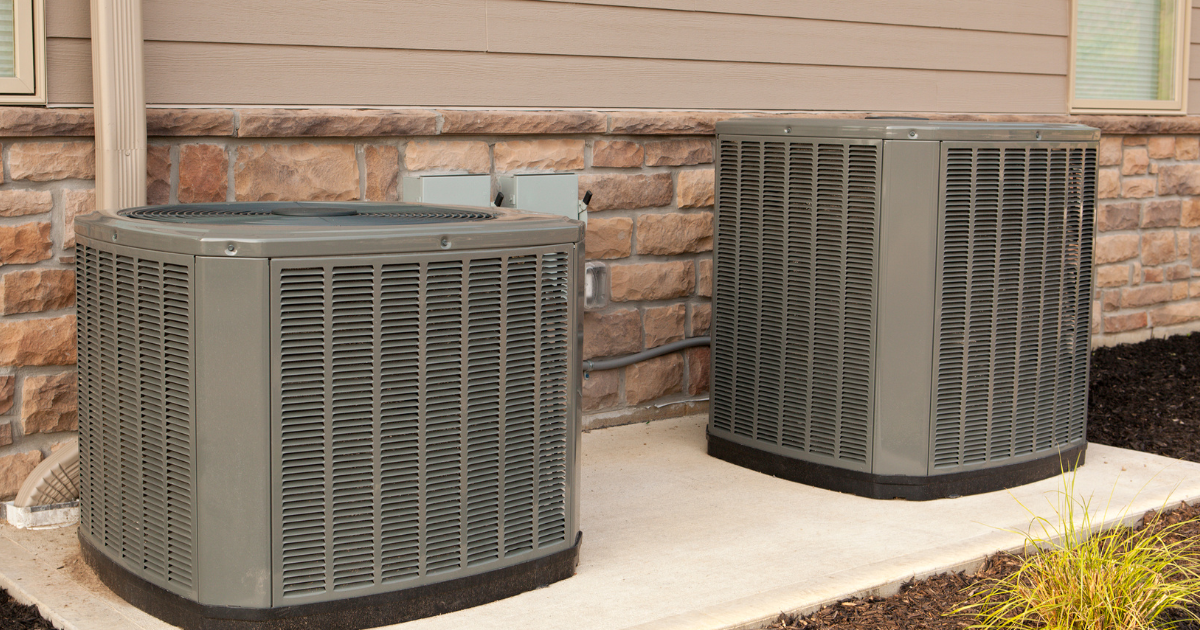Does a Smart Thermostat Actually Save Money?
Thermostats don’t have magic tricks up their sleeves. When it comes to saving you money, that is. When you look at the fundamentals of this issue, it is quite simple: heating a space requires energy. The amount of energy you require depends on how warm you want your space(s) and for how long you want them at this temperature.
How it Works
Smart thermostats save money by keeping the temperature as low as possible for as long as possible. Typically, you enter your desired temperature and an indication of your daily schedule. Based on this information the thermostat ensures the room is to your comfort level when you get home and saves as much energy as possible when you are away. Smart thermostats are much easier to use than regular programmable thermostats, which means you will use it more often and adjust it as your schedule changes.
Learning Features
If all smart thermostats could do was enabling you to set schedules more efficiently, they wouldn’t be very smart. They learn your behaviours and will help you set schedules that save the most energy. Most smart thermostats have a way of knowing when you are home and when you are away either through third-party integrations or geofencing capabilities. They also learn more about your preferences as you keep using the device. Nest, for example, logs the frequency and nature of your interactions with the thermostat to learn what you like. Over time, these smart thermostats get a better picture of your whereabouts, and they can give you suggestions for optimizing your schedule even further.
As well, they learn how long it takes to heat up a room based on the outside temperature and historical data from your own home. The thermostat will know precisely how long it takes to get a room to your desired temperature. This means that they will be able to maximize the duration of the energy saving mode while you are away or asleep.
How Much Money Can a Smart Thermostat Save?
This is a tricky question to answer, and it depends on a lot of different factors such as your current heating system, your location, the size of your rooms and your behaviour. Let’s start by establishing some basics; heating your home accounts for 41 to 63 percent of your total energy bill. Nest, one of the leading smart home companies, released a white paper stating that smart thermostats lower heating bills by an average 12% while Nest’s main competitor, Ecobee, estimates savings to be as large as 23%. The truth is likely to be somewhere in the middle.
Small Wins
It is important to realize that a smart thermostat can only save you money within the boundaries you define. This is a small wins game where many small wins add up to substantial energy savings. For every degree Celsius (1.8 F) you lower the temperature for 8 hours, you save 2% off of your energy bill. This doesn’t seem like much but consider this example:
Let’s assume you leave your home for about 9 hours every day, and that you sleep 7 hours a day. Heating a room takes some time so we will account for that in our calculation. If you lower the temperature by 8 degrees Celsius during the day, and by 4 degrees Celsius at night, you will save about 18% off of your heating bill. *
Not Every Home(owner) is Equal
Total savings depend on the specific situation, and it is difficult to give an estimate that will be accurate for every homeowner. However, here are some cases or scenarios where smart thermostats are most beneficial.
- For homes with separate thermostats controlling different heating zones (think floors or even rooms), energy savings will be higher because you have more granular control over which rooms are heating. For example, you don’t need the guest bedroom to be as warm as your own bedroom, unless you have a guest.
- The colder the climate, the more you can save on energy by lowering the temperature during the day or at night.
- The higher your energy rates, the more you can save by using a smart thermostat because every percentage you save equals a larger amount of money.
- For vacation homes, cottages and cabins, smart thermostats work well because you can ensure heating is off (or to a minimum) when you are not there. As well, you can start heating your vacation home before your arrival so you can actually take off your jacket when you enter the property.
Request Service
"*" indicates required fields


